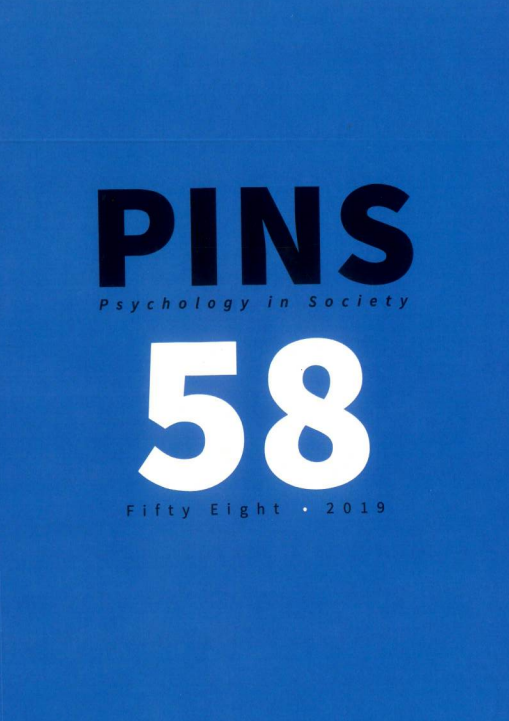Why decolonialising feminist psychology may fail, and why it mustn’t: The politics of signification and the case of ‘teenage pregnancy
DOI:
https://doi.org/10.57157/pins2019Vol58iss1a6050Keywords:
feminism, decolonisation, adolescence, pregnancy, teenage pregnancy, significationAbstract
The calls to decolonise psychology and feminisms are a demand for action in overcoming past and current (neo)colonial injustices. Decolonisation has, however, been complex owing to the plurality, mutation, and masking of (neo)colonial systems. Within this context, decolonialising feminist psychology may fail. Homing in on the politics of signification, we argue that the colonial roots of many signifiers that serve to perpetuate gendered power relations are masked through their taken-for-granted status within psychology. We illustrate the latter through discussion of “adolescence”, a signifier premised on colonialist thinking regarding individual and societal development. While gross forms of colonialist thinking regarding adolescence have disappeared, the “threat of degeneration” implicit in the concept remains. Drawing on critical work on “teenage pregnancy” in South Africa, we show how young womxn’s reproductive health is impacted by the entrenchment of the threat of degeneration in educational and health responses. This discussion illustrates why decolonising feminist psychology must not fail. Alternative signifiers that serve the purpose of social justice and care should be foregrounded. These joint tasks (critique of (neo)colonialist signifiers and the enactment of transformation through foregrounding alternative signifiers) should underpin decolonising feminist psychology praxis.
Downloads
Downloads
Published
How to Cite
Issue
Section
License
This journal is an open access journal, and the authors' and journal should be properly acknowledged, when works are cited.
Authors may use the publishers version for teaching purposes, in books, theses, dissertations, conferences and conference papers.
A copy of the authors’ publishers version may also be hosted on the following websites:
- Non-commercial personal homepage or blog.
- Institutional webpage.
- Authors Institutional Repository.
The following notice should accompany such a posting on the website: “This is an electronic version of an article published in PINS, Volume XXX, number XXX, pages XXX–XXX”, DOI. Authors should also supply a hyperlink to the original paper or indicate where the original paper (http://www.journals.ac.za/index.php/pins) may be found.
Authors publishers version, affiliated with the Stellenbosch University will be automatically deposited in the University’s’ Institutional Repository SUNScholar.
Articles as a whole, may not be re-published with another journal.
The copyright of the article(s) lies with the author(s).
The copyright of the journal lies with PINS-psychology in Society.
The following license applies:
Attribution CC BY-NC-ND 4.0 - https://creativecommons.org/licenses/by-nc-nd/4.0/

